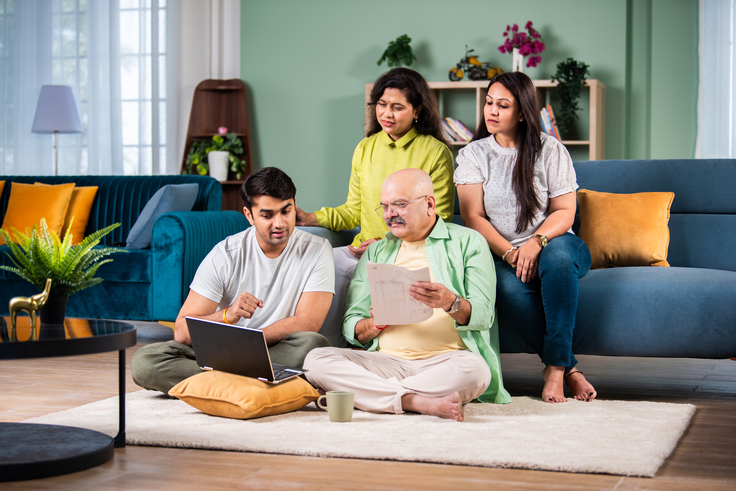Imagine a situation where you’re seriously ill, unable to speak, and your loved ones are left wondering what kind of treatment you would have wanted. Would you prefer to be kept alive on machines, or would you want a more natural course of care? These are difficult questions, and a Living Will helps answer them—on your terms.
What Is a Living Will?
A Living Will, also known as an Advance Medical Directive, is a legal document that allows you to record your preferences for future medical treatment in case you are unable to express them yourself. It also allows you to nominate individuals (called Medical Power of Attorney) who will help carry out your wishes when the time comes.
It guides your medical team on the treatments you want—or do not want—such as:
- Artificial respiration (ventilator)
- Tube feeding
- Dialysis
- Blood transfusion
- Cardiopulmonary resuscitation (CPR)
- Surgery
The goal is to ensure that your medical care aligns with your values and priorities, especially in the event of a terminal illness or irreversible condition.
When Does the Living Will Come Into Effect?
A Living Will is only implemented under two specific conditions:
- You are diagnosed with a terminal illness or are in a persistent vegetative state, and
- You are unable to make healthcare decisions for yourself—for example, if you are unconscious or mentally incapacitated.
Even then, the process involves thorough checks:
- Your treating doctors must be certain about your medical condition.
- Their opinion must be confirmed by two separate boards of medical experts.
- Your Medical Powers of Attorney must also consent to the plan, based on what you’ve outlined in your Living Will.
Who Should Make a Living Will?
Anyone above 18 years of age can—and should—make a Living Will. It’s not just for those who are ill. In fact, many healthy individuals opt for one as a proactive step in future planning.
Some examples include:
- A young, healthy individual considering the possibility of a road traffic accident resulting in severe brain injury.
- Someone living with a chronic illness like dementia, Parkinson’s, heart, lung, liver or kidney failure, who may lose the ability to make decisions later.
- A person recently diagnosed with a life-limiting illness like stage 4 cancer, who wants to remain in control of how they are treated.
Can I Change My Living Will Later?
Yes. You can change or cancel your Living Will at any time, as long as it hasn’t been implemented yet. However, the process to update it is the same as creating a new one—you’ll need to inform:
- Your medical team
- Your family
- Your nominated Medical Powers of Attorney
- And submit a copy to your local government (panchayat or municipal corporation)
Who Should Have a Copy of My Living Will?
Keep your Living Will accessible and make sure the right people know where it is. Copies should be with:
- You and your family
- Your nominated Medical Powers of Attorney
- Your treating doctors
- The hospital where you are likely to be admitted
- Your local government office (municipality or panchayat)
How to Choose a Medical Power of Attorney
Choosing the right person is crucial. As per the Supreme Court of India:
- You must nominate at least two individuals who are over 18 years of age.
- They should understand your values and preferences.
- Ideally, they should live close enough to reach the hospital quickly in emergencies.
- They can be a family member, a close friend, or a trusted colleague.
Important: Don’t choose your doctor or someone from your treating team. If you’ve chosen a non-family member, inform your family to avoid future misunderstandings.
Is This Being Used in India?
Yes! Although the Supreme Court of India legalized Living Wills in 2018, and simplified the process in 2023, the uptake is now gathering momentum.
At Hinduja Hospital’s Living Will Clinic, which launched in June 2025, we’ve already seen a growing interest and increasing number of enquiries—especially after media coverage made more people aware of their rights and options.

